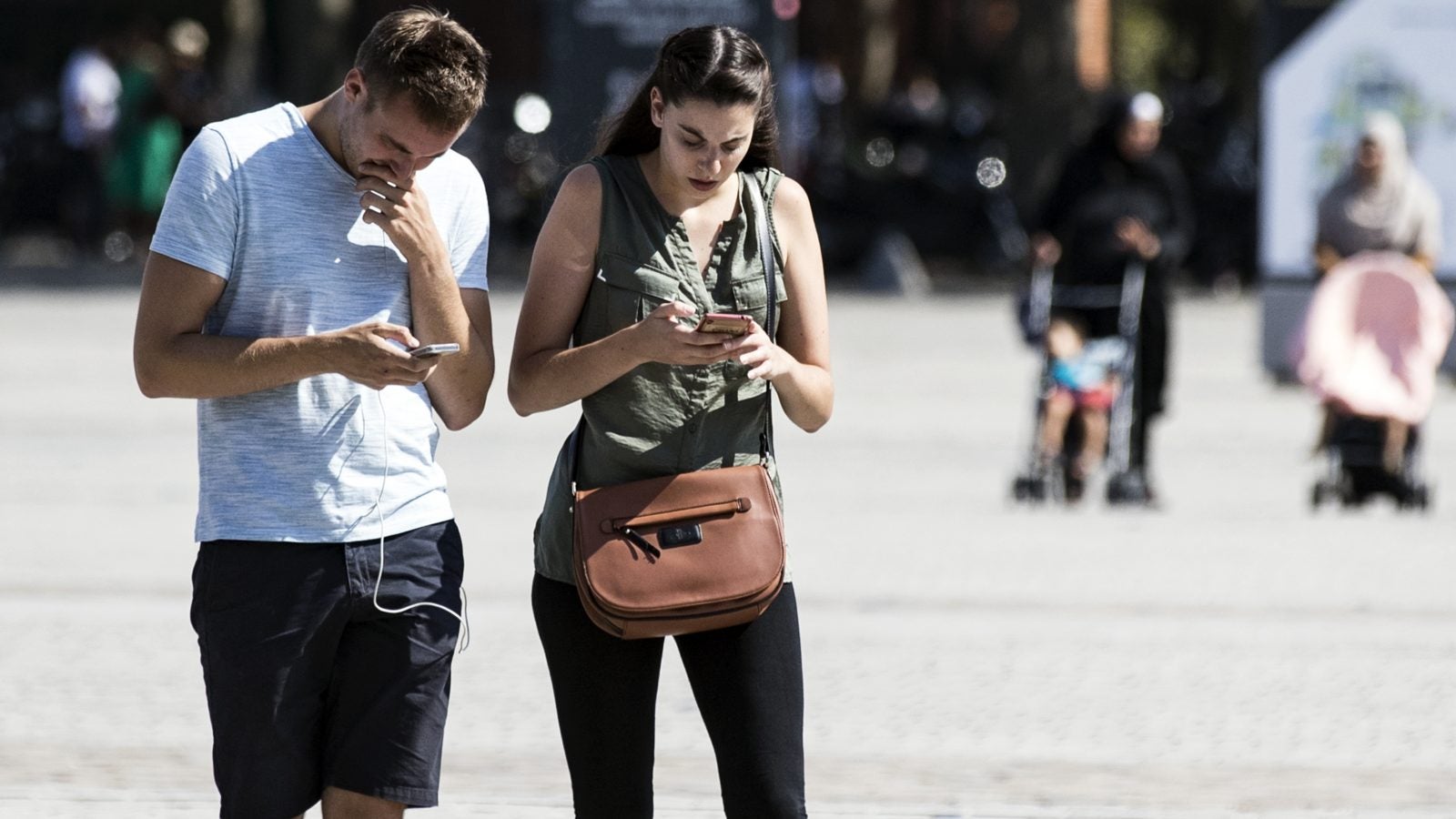Dating apps make people less attractive in real life
Oh the weary world of online dating! The enthusiasm that quickly congeals into disappointment. The conflicting but coexisting sensations that everyone is the same but also that there’s probably someone better around the corner.


Oh the weary world of online dating! The enthusiasm that quickly congeals into disappointment. The conflicting but coexisting sensations that everyone is the same but also that there’s probably someone better around the corner.
Now a lab experiment has shed some light on one of reasons the dating app experience can be so dispiriting: It’s not just that you meet more people you’re not attracted to, but that the act of rating and comparing people in advance actually makes them seem less attractive when you do meet.
Researchers from the University of Kansas replicated some of the experiences of online dating using 65 male and 65 female single, self-identified heterosexual university students. One experiment in particular focused on how the act of rating strangers’ attractiveness affected the experience of actually meeting them. Some participants rated photos of men or women on a ten-point scale, and later met one of the people in the photos. Another group rated photos, and then met someone who was not pictured. A third group met a member of the opposite sex without rating any photos first.
They found when people rated a person in comparison to other “potential mates” and then met them, they gave them lower scores for charisma, being fun or funny, and “social attractiveness.” (The changes weren’t enormous, but they were statistically significant,��and there were other criteria that didn’t change.)
Jeffrey Hall, the study’s lead researcher, borrows a term from economics—general evaluability theory—to explain how people go about making choices using apps. Essentially, the theory goes, when faced with a huge range of choices, people will conserve time by making choices quickly based on readily available information: For example, swiping left or right based on how someone looks in one photo.
This is quite different from the traditional romantic trajectory, in which two people get to know each other and become closer over time. “Tinder feels more like a huge menu than mutually dependent reciprocal choice,” Hall says. Based on general evaluability theory, “people devalue their partner when they rate their conversation partner against attractive others, because they had other people they would have wanted more.”
Other parts of the research, published in the journal Communication Studies, led to more obvious, but also perhaps more heartening, results. The researchers found, for example, that ratings weren’t set in stone: A participant who gave a photo a low attractiveness score might well change that after meeting the person. But they also asked participants to say how enjoyable interactions had been, and found that those who already had an opinion about the attractiveness of the person they met were then less likely to have an enjoyable conversation.
“This speaks to the disappointment and frustration reported by online daters who place too much focus on physical attractiveness,” the researchers noted. Stating a well-known truth, the researchers wrote, an “attractive photo does not always lead to an enjoyable date.”
To counteract these effects, Hall suggests resisting the urge to rapidly swipe, which he said is a “bad strategy.”
“Rather than go through hundreds of photos, digest a few at a time,” he suggests. “Slow down. Be more careful about considering who you’re going to date.”